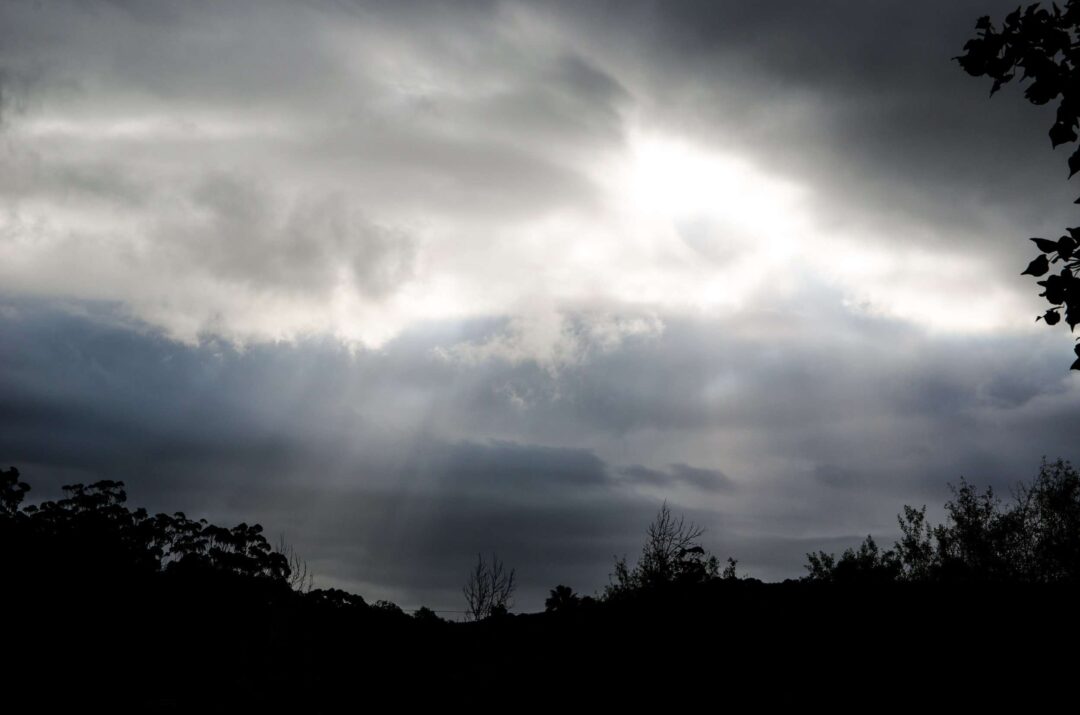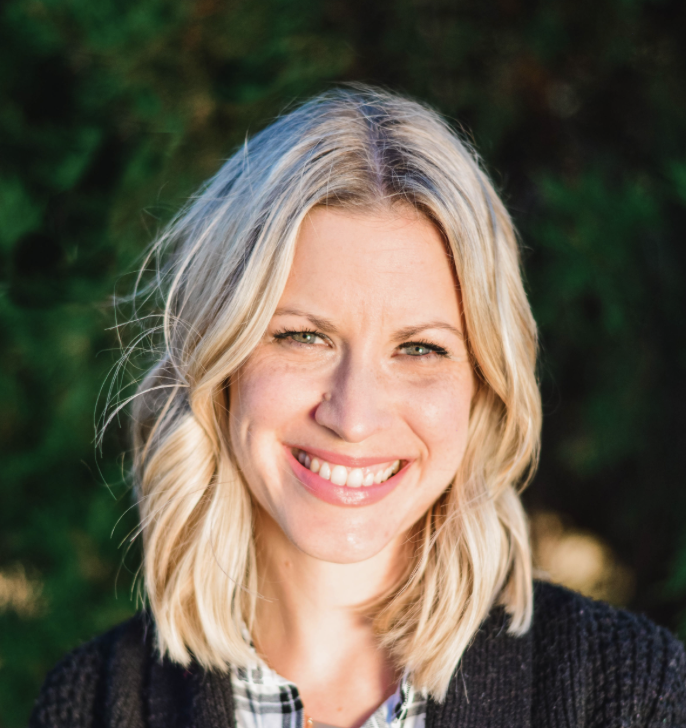We Weep For What We Do Not Know. A decade ago I lost our first baby. It was devastating. But the devastation was made worse by the fact that I couldn’t get pregnant again. For two years we waited for God to open my womb, hoping that, when he did, we would hold a baby in our arms. We waited through procedures and tests. We waited through negative pregnancy test after negative pregnancy test. We waited while everyone around us had healthy babies, sometimes several. And yet, we remained infertile—bereft of our first child, longing for a second.
In the months after our first miscarriage, people would often say things like, “I just didn’t know anyone who experienced this before.” Or, “This is so uncommon, isn’t it?” Even those who knew that miscarriage was a sadly common occurrence (at least one in four pregnancies ends in miscarriage), the comments about its normalcy didn’t help either. When we experienced a second miscarriage a few years later, those phrases only grew in frequency. Our inability to conceive or carry a baby to term became something that made us feel very different from those around us.
At the time, those comments hurt deeply and even made me angry at times. In my deepest sorrow, all I wanted was to be known and heard. All I wanted was for people around me to validate my experience as worthy of deep sorrow. It’s been over a decade since my first miscarriage, and the distance has been healing—even clarifying. In the years since, I’ve thought a lot about how our ignorance can sometimes lead us to insensitivity towards people whose experiences are different than our own. People weren’t trying to be hurtful when they made comments about the surprising nature of my losses. But they simply didn’t know what they didn’t know. Before me, perhaps they had not known many women who had miscarried. So when I stood before them, I was an enigma. The hurt wasn’t intentional, but it was real.
This experience led me to consider who else has been on the receiving end of such unintentional neglect. I began to think about racism in a new light.
White Christians can easily assume that because we haven’t experienced racism, then it must not be common. For example, we might assume that because we can go out in our neighborhood at night, it must be normal for all people to go out in their neighborhood at night. Or our experience with law enforcement is only positive, so we see law enforcement as a source of good in our lives, not a force of which to be skeptical or fearful. But our ignorance doesn’t mean racism doesn’t exist. Our ignorance doesn’t mean injustice isn’t happening around us. It just means we can’t always see it. Our lack of experience requires more work to understand the experiences of our brothers and sisters. It requires empathy and a concerted effort to spend some time in the shoes of another.
Only when I started listening and reading more about race in America did I start to see and understand a fraction of what my brothers and sisters of color experience every day. When I hear of a mother who has miscarried, my heart immediately goes out to her. I feel her pain in a way that I can’t feel the pain of other wounds. That doesn’t require much work. But my experience of others being unable to imagine my pain forces me to imagine the pain of others. I have felt the isolation of being “other,” and I don’t want others to feel the same way.
So how do we get there? In the same way that I would never wish pregnancy loss on another woman or expect her to understand fully if she’s never walked through loss, I can’t expect that I will fully understand the experiences of my brothers and sisters of color. But I can pray for wisdom and understanding. I can listen. I can learn. I can push back on my inclination to view my own experience as universal or what determines what is true in the world. In the same way that I needed people to weep with me as I wept over my losses, white Christians need to weep with our brothers and sisters even if we don’t have the capacity to see how their reality is true. We’re not God, so we can’t know the experiences of all people. We can humbly acknowledge our lack of omniscience and trust that others have felt the pain too.
God creates us with a broad capacity to know something of scenarios that we don’t fully comprehend. Part of learning to live in unity with our brothers and sisters is asking God to expand our minds so we can have empathy to grieve over experiences—even ones we don’t know firsthand.
Prayer Requests:
- Pray for an increased imagination that would lead to empathy towards brothers and sisters in Christ.
- Pray that God would grant you humility to not only view your own experience as normative, but also the experience of others.
- Pray that the church would model empathy and care that transcends shared experiences and is rooted in our shared Christ.












